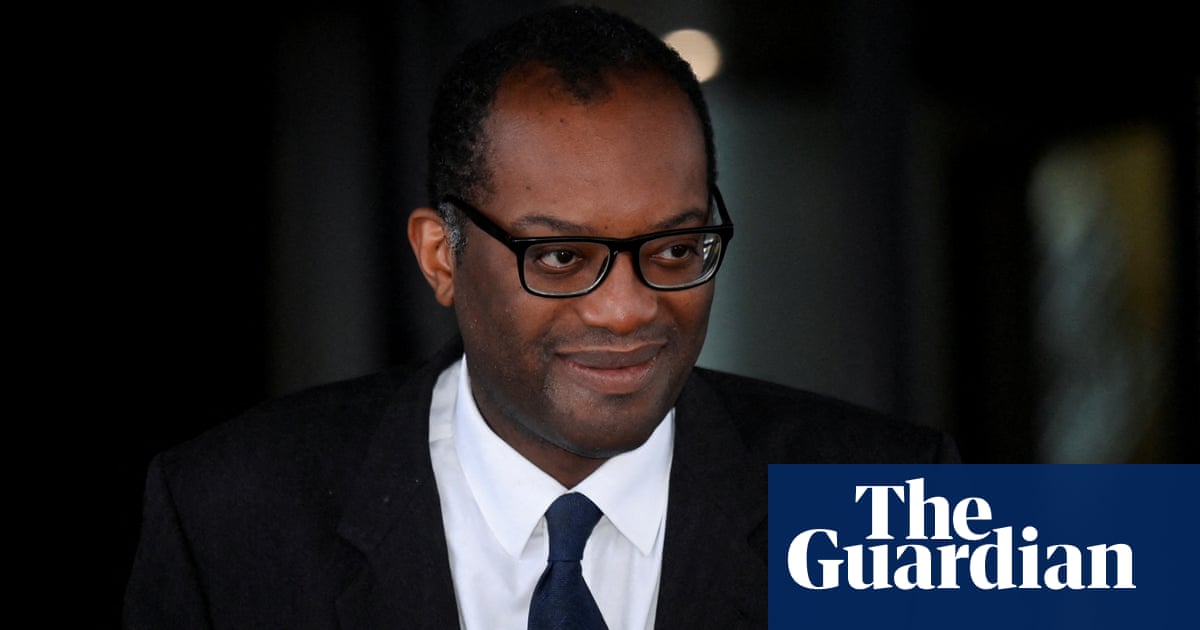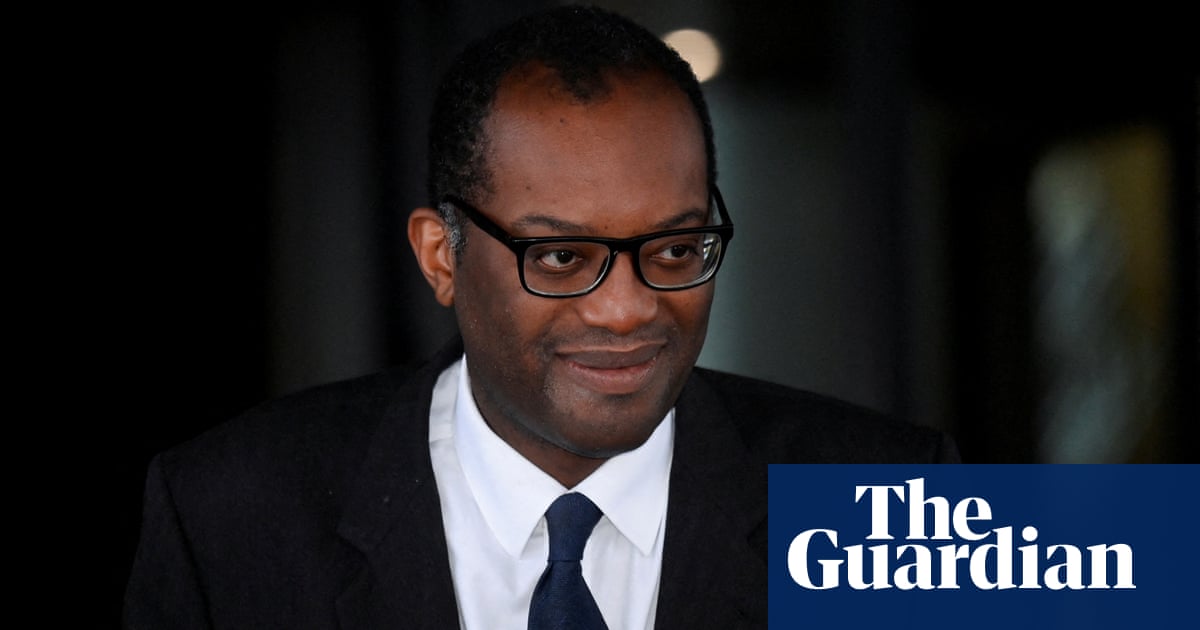
Kwasi Kwarteng has refused to let a government watchdog assess the economic impact of planned tax cuts expected in a mini-budget on Friday.
Mel Stride, the Tory chair of the Treasury select committee, urged Kwarteng to allow independent forecasts for the public finances to be published alongside his mini-budget on Friday. Stride released a strongly worded statement urging more clarity around the effects of the new chancellor’s fiscal interventions.
The chancellor is expected to unveil tax cuts of £30bn to £50bn, according to some estimates, while the government’s intervention to freeze energy prices for consumers and businesses could cost more than £100bn. He is also expected to review his fiscal rules to allow the government to borrow more.
Stride, an ally of the former chancellor and defeated leadership contender Rishi Sunak, said independent forecasts from the Office for Budget Responsibility were necessary to “provide reassurance and confidence to international markets and investors”.
He said: “As a committee, we have in the past reported to the house that we consider it very important that significant changes to taxation are announced in a fiscal event alongside an OBR forecast. These forecasts are a vital indicator of the health of the nation’s finances, and provide reassurance and confidence to international markets and investors.
“There has been a deterioration in our economic outlook since the last OBR forecast in March. There have been significant fiscal interventions since then and we are told there will be further significant interventions including major permanent tax cuts to be announced on Friday. Under these circumstances, it is vital that an independent OBR forecast is provided.”
Richard Hughes, the chair of the OBR, said in a letter to Stride that he had notified Kwarteng when he became chancellor that the OBR was ready to provide a forecast. He said a quick turnaround would mean the forecasts provided “less complete analysis supporting the key judgments, less detailed breakdowns of the key economic, and less contextual and supplementary information than [forecasts] produced in normal times”, but it would give “the most complete and up-to-date picture of the economic and fiscal outlook as possible”.
But a government spokesperson said: “Given the exceptional circumstances our country faces, we have moved at immense speed to provide significant energy bill support for households and businesses, and are acting swiftly to set out further plans to kickstart economic growth later this week. We remain committed to maintaining the usual two forecasts in this fiscal year, as is required.”
It is understood the chancellor plans to hold a full budget later in the year, though the bulk of the measures ministers plan to implement in their first year of the administration are likely to be included in Friday’s event.
As well as the mini-budget on Friday, there is expected to be a statement from Jacob Rees-Mogg, the business secretary, on Wednesday, outlining an energy support package for businesses.
Michelle Donelan, the culture secretary, told broadcasters on Tuesday morning that the government understood why businesses wanted “clarity and assurance”.
She said: “Many companies and public sector organisations will need additional support and that is why we want to work up a tailored package to target that support and make sure that support is really the correct support.”












